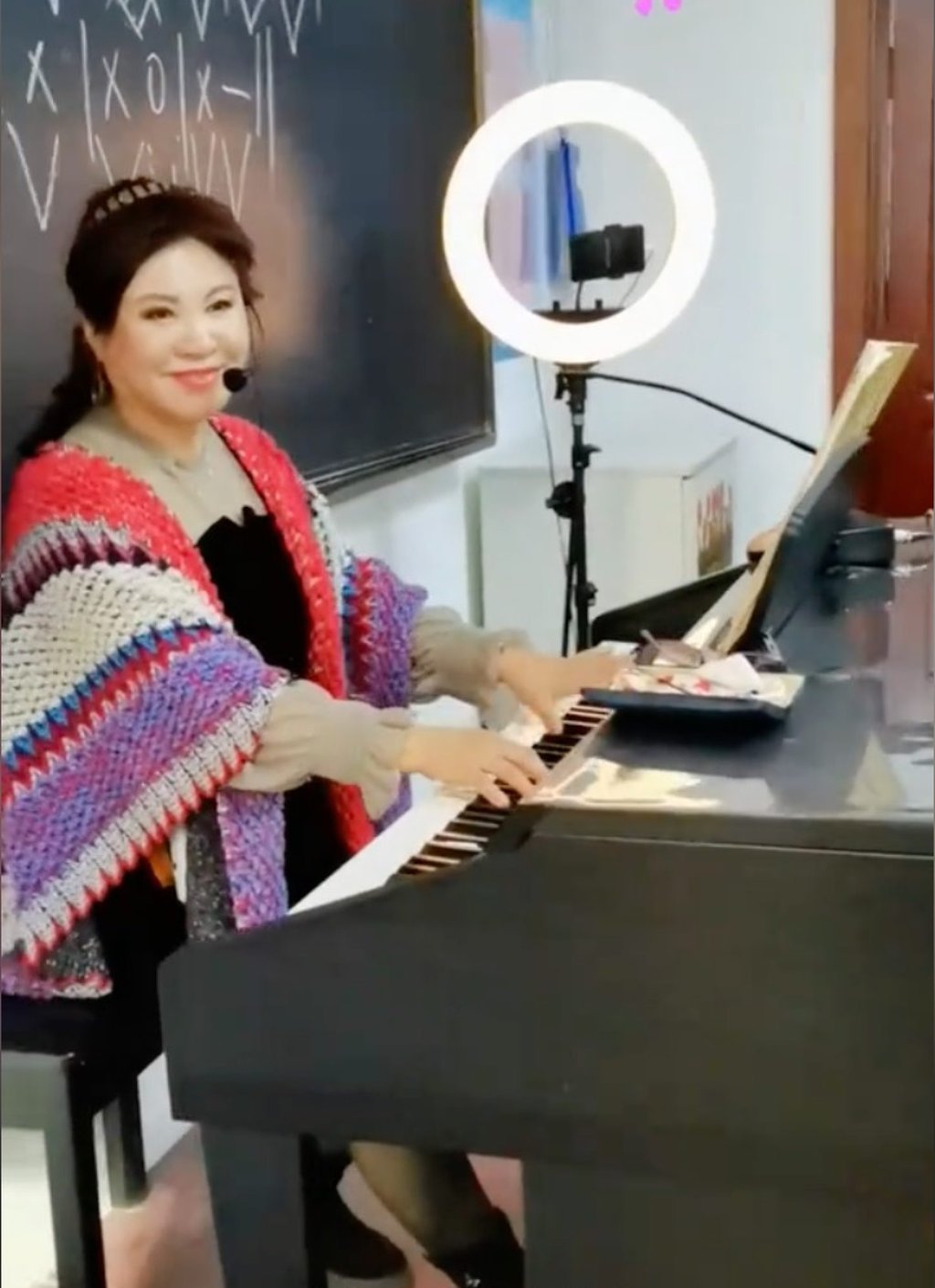It’s a hit: China university karaoke course strikes a chord with senior citizens looking for fun way to learn music
- Campus for oldies rolls out new music curriculum with wider range of genres
- Almost 38,600 aged students enrol for music courses, snap up karaoke classes

News of a university for senior citizens that has created a music course specifically for the elderly, which includes karaoke classes, is trending on mainland social media.
The Songshan campus of the Harbin University for the Aged, in Heilongjiang province in northeastern China, has rolled out a new curriculum that incorporates a range of genres and styles, such as the classic Italian vocal technique bel canto, folk songs, and choral singing. The karaoke class was rapidly fully booked.
Since the university opened enrolment for this semester in August, a staggering 38,580 mature students aged from 45 to 90 years old registered for the 118 courses. In addition to existing classes such as dance and calligraphy, a range of new classes was launched such as video shooting and yoga as well as karaoke.
The karaoke course comprises three parts, beginning with reading music scores, followed by vocal practice, and then learning different approaches to singing.

Qi Xin, the director of the campus, said each karaoke course comprised 16 lessons priced at 90 yuan (US$13) per course and could accommodate up to 42 students.